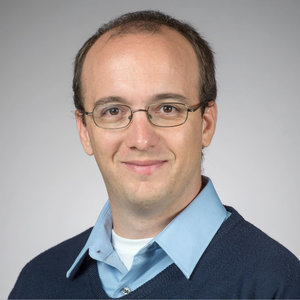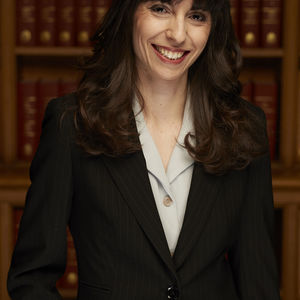Environment: Global Climate, Air Quality, and Energy Challenges
How will the Earth look like in 2050 and beyond? Wildfires, degraded air quality, renewable energies nowadays dominate the news as these events have become more frequent, intense and widespread. This course will focus on the most pressing environmental challenges, spanning from current and future climate change, air quality issues and energy of the future. We will explore the fundamentals of modeling the global climate and implications for the human habitability of our planet, and we will discuss the notion of uncertainty in climate modeling. How do we quantify the error of our predictions? How does the general public perceive uncertainty and what can a good data scientist do to communicate and visualize the results in an ethical way?
The fundamentals of air pollution will also be introduced, and research on its effect due to wildfires/deforestation and urbanization in developed and developing countries will be discussed. The last part of the course will be dedicated to energy: how much should we invest in renewable sources such as wind to guarantee a sustainable share of future energy? Recent studies from the instructors’ research will be exposed.
The course will be highly interdisciplinary: it will be based on fundamentals from atmospheric and climate science, but will include elements of social sciences and epidemiology, and will make also use of advanced tools from computed science and statistics. Students will have the opportunity to develop a deeper understanding of mechanisms driving key environmental challenges, perform data analysis with statistical software, and engage in group work and discussions.
Academic Directors
Stefano Castruccio

Prof. Castruccio is Assistant Professor in the Department of Applied Mathematics and Computational Mathematics and Statistics at the University of Notre Dame. He received a PhD in Statistics at the University of Chicago, and before his current appointment, he was a postdoctoral fellow at King Abdullah University of Science and Technology in Saudi Arabia and Lecturer in Newcastle University in England. His research interests are in spatio-temporal models for environmental applications, ranging from climate model projections, wind power forecasting, and assessment of air quality.
Paola Crippa

Paola Crippa is an Assistant Professor in the Department of Civil and Environmental Engineering and Earth Sciences at the University of Notre Dame. She completed her PhD in Atmospheric Science at Indiana University in 2013, and then became postdoctoral fellow, first at King Abdullah University of Science and Technology in Saudi Arabia and later at Newcastle University in the UK. Among her recognitions, in 2015 she was awarded the L’Oréal-UNESCO For Women In Science UK and Ireland Fellowship to investigate the societal impacts of wildfires in South-East Asia. Her research focuses on investigating the spatio-temporal variability of atmospheric aerosols and associated impacts on human health and climate by using high resolution numerical models. Part of her research is devoted to quantifying the renewable energy potential, particularly from the wind, in developing countries.